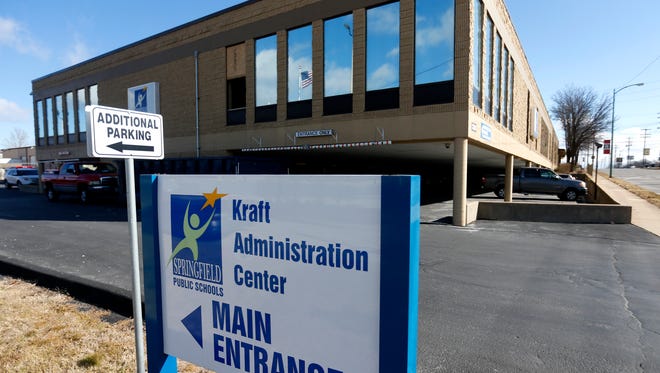Why Changing Jobs Now Can Lead to a Pay Raise
- This year could be the perfect time to change jobs and increase your salary.
- Indeed, hiring is picking up and employers are increasingly open to remote talent.
- Many workers are already anticipating change. In the United States, 4 million people left their jobs in April.
It might be time to try something new. You might find a role that suits you better and pays more than your current position.
Hiring resumes as economy recovers from pandemic
recession
. Indeed, US posts on the job search platform as of June 4 were 28.6% higher than they were on February 1, 2020, the pre-pandemic benchmark. Employers are also increasingly willing to hire talent remotely, which means job seekers now have more options than before the pandemic.
With this extra leverage, job seekers are set. The US Department of Labor said 4 million people quit their jobs in April, a 20-year high. Microsoft recently reported that of 31,092 full-time workers worldwide, more than 40% said they plan to quit their jobs this year. By leaving, they could increase their income.
Even before the pandemic, changing jobs was a good way to increase your salary. A 2017 Nomura analysis found that people who changed jobs earned around 1% more year-over-year than people who stayed with the same employer.
“Changing jobs is one of the best ways to make more money,” said Nick Bunker, director of economic research for North America at Indeed’s Hiring Lab. “Hopefully that translates to more people’s paychecks in the wage distribution.”
Quitting has already reached pre-pandemic levels
The quit rate in the United States tends to fall during recessions – this is what happened last spring when unemployment reached record highs. But by September, the quit rate had rebounded, according to data from the Bureau of Labor Statistics.
“The average person who has a job is about as likely to quit their job as they were before the pandemic,” Bunker said.
A big reason for this anomaly could be that the pandemic recession was not a typical economic downturn, in which people keep their jobs for life. Rather, it was a public health crisis that, in turn, decimated the economy. Many people quit their jobs because they feared exposure to the virus or needed to care for family members.
Bunker said he “wouldn’t be shocked” if the dropout rate increased this year, with many people voluntarily switching roles. “There are probably a lot of people who are reassessing certain things about their job and their current work situation,” he said.
Many professionals are rethinking their work situations
During the pandemic, many people have found that they prefer working remotely to working in an office. In a Prudential survey in April, 42% of American workers who worked remotely said they would look for a new job if their employer didn’t let them work remotely long-term.
Other dropout candidates are members of what Kevin Roose of The New York Times has called “the YOLO economy.” They’ve saved some money, and now they’re ready for something new, whether it’s finding another job or getting out of the proverbial rat race.
Yet other people think the grass on the other side is greener.
For workers with in-demand skills, there is likely another employer willing to pay them more than they are currently earning.
Bunker said he was optimistic that workers in relatively low-paying jobs would benefit just as much as workers in higher-paying positions.
“A stronger labor market allows low-wage workers and younger workers to move up the ladder into a new job or potentially a new field,” he said.
Self-employment, a trend that has grown over the past year or so, is also expected to continue post-pandemic.
“There are a lot of remote freelancing jobs out there,” said Adam Ozimek, chief economist at Upwork, a remote worker hiring platform. “And it gives even more flexibility to the way you work.”
And there could be an increase in people’s income. In an Upwork survey published in September, 75% of respondents who quit their full-time jobs to freelance said they made the same or more money freelancing.
This summer will be a pivotal period for the labor market
There are still groups of workers who are unable to find or take jobs.
The Washington Post reported in April that nearly 4 million working adults in the United States without a college degree had not found new jobs after losing their jobs during the pandemic, compared to 199,000 working adults with a bachelor’s degree or more. Meanwhile, some potential workers are caring for children or older relatives.
Bunker said he was watching labor market developments carefully this summer, just before unemployment benefits expire and many schools reopen, which could motivate many people to look for jobs.
“How will employers try to compete for work in such an environment? ” he said.






